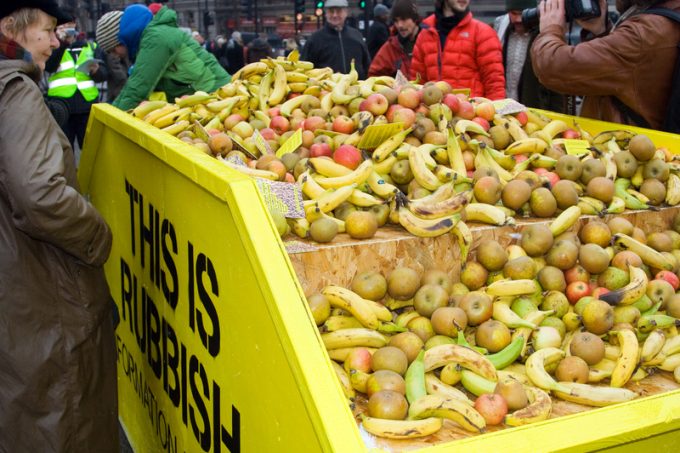Ecommerce air traffic to US set to grind to a halt as de minimis exemption ends
Is today the day the music stops in airfreight? 2 May: infamously, the day the de ...

Players in the supply chain could help stamp out food loss through better data sharing.
Food chain monitoring and reporting could give retailers the ability to adapt offers, or increase shelf life, thereby reducing food waste.
A Cool Chain Association pilot scheme to share temperature data was ...


Comment on this article